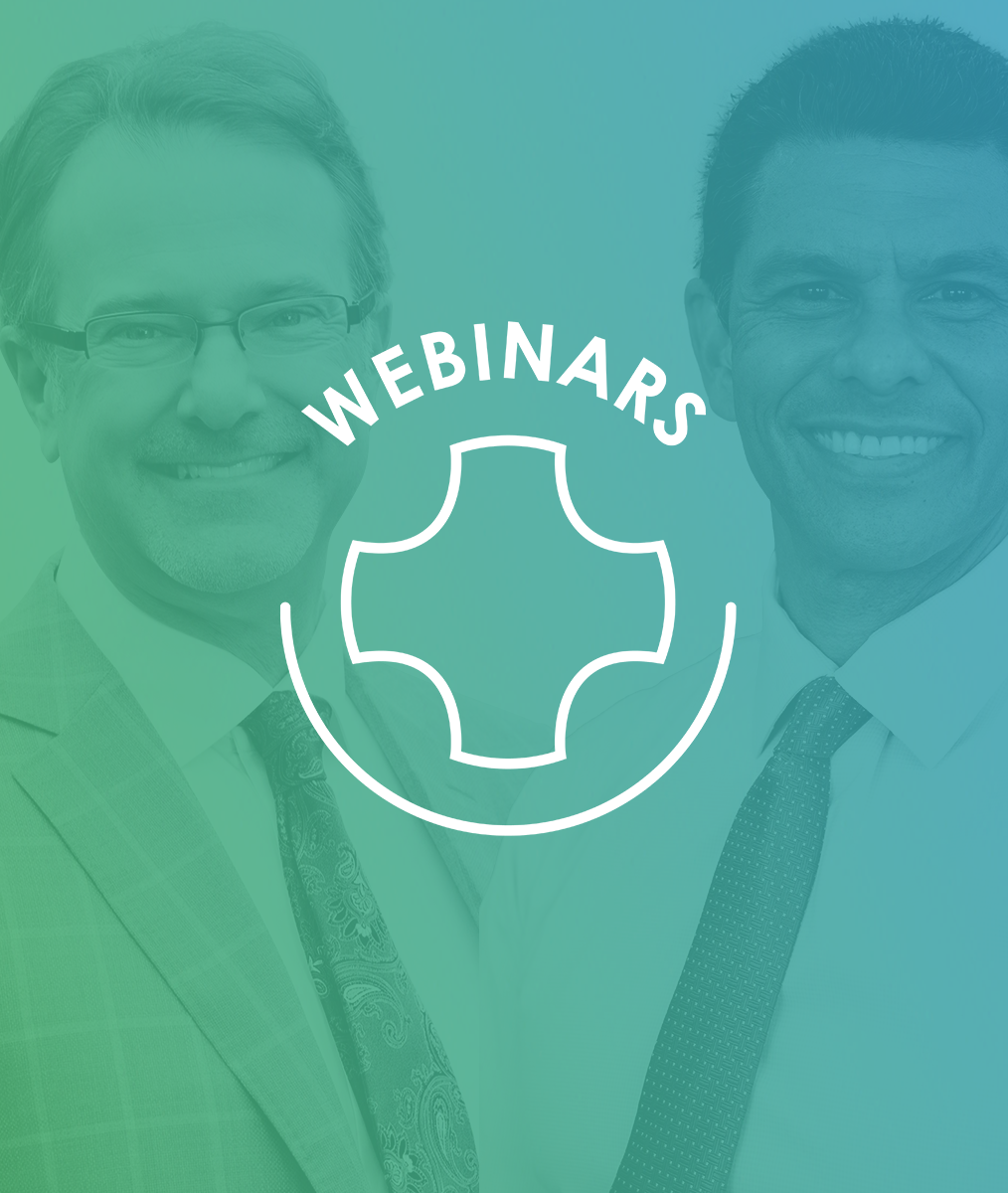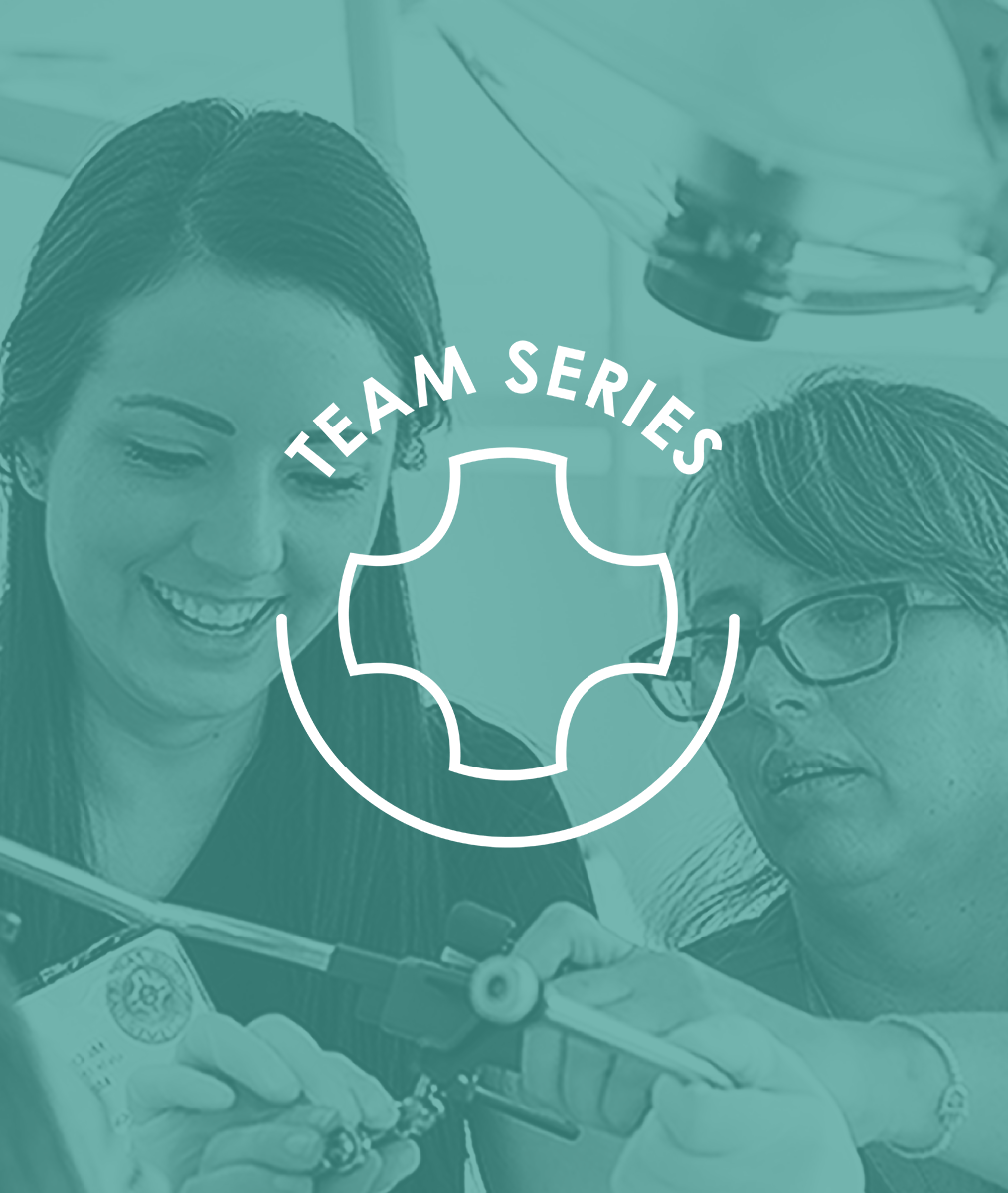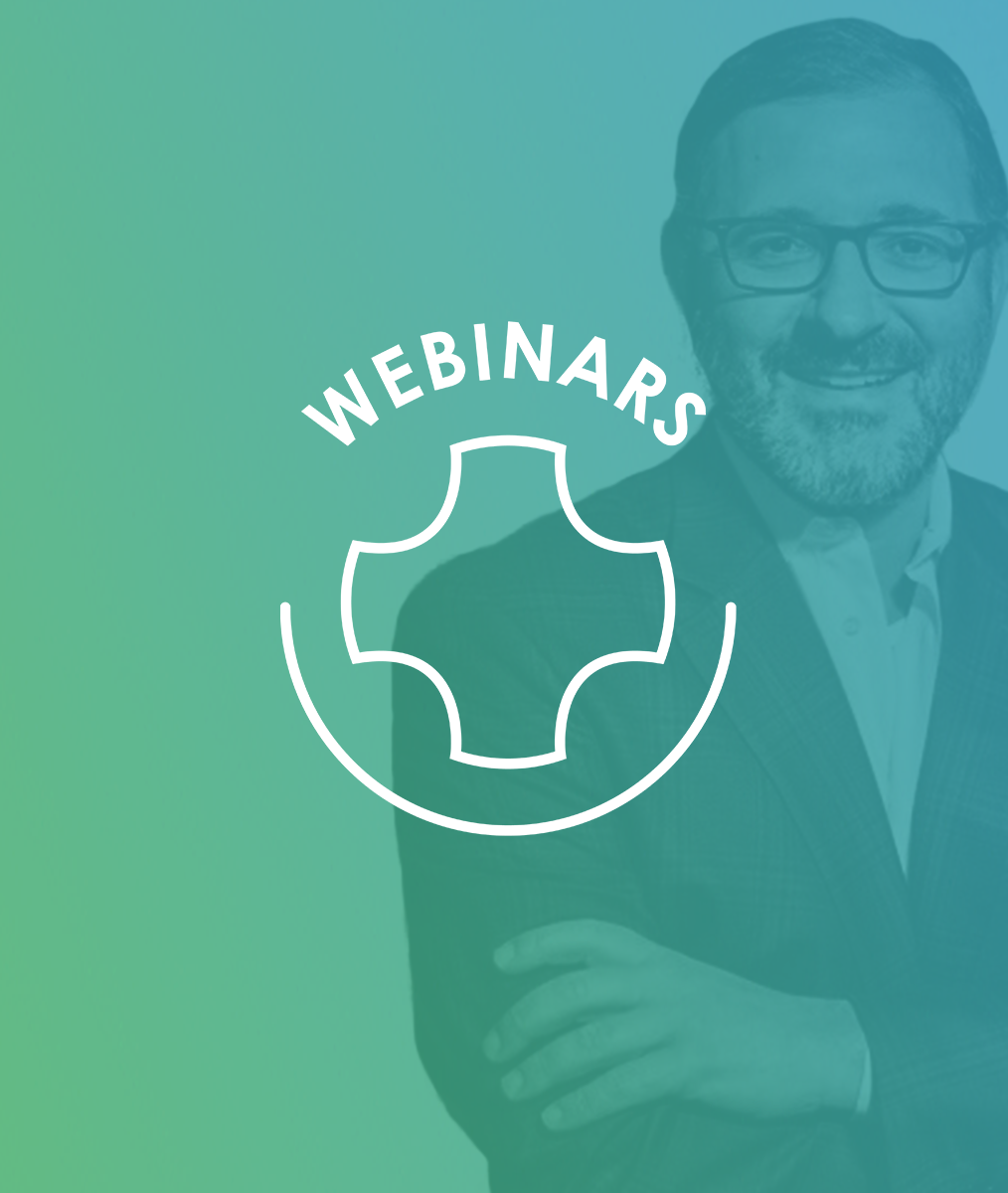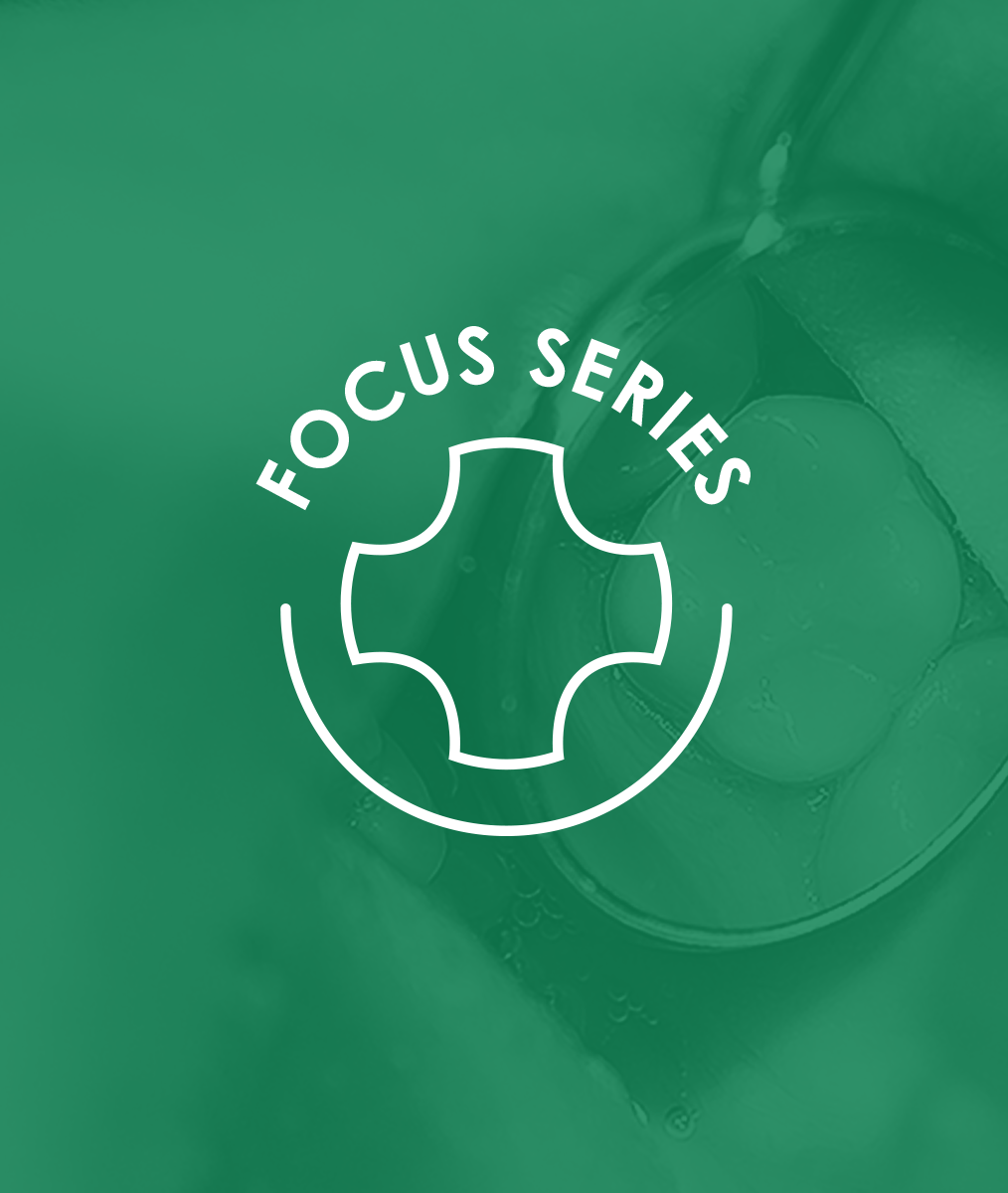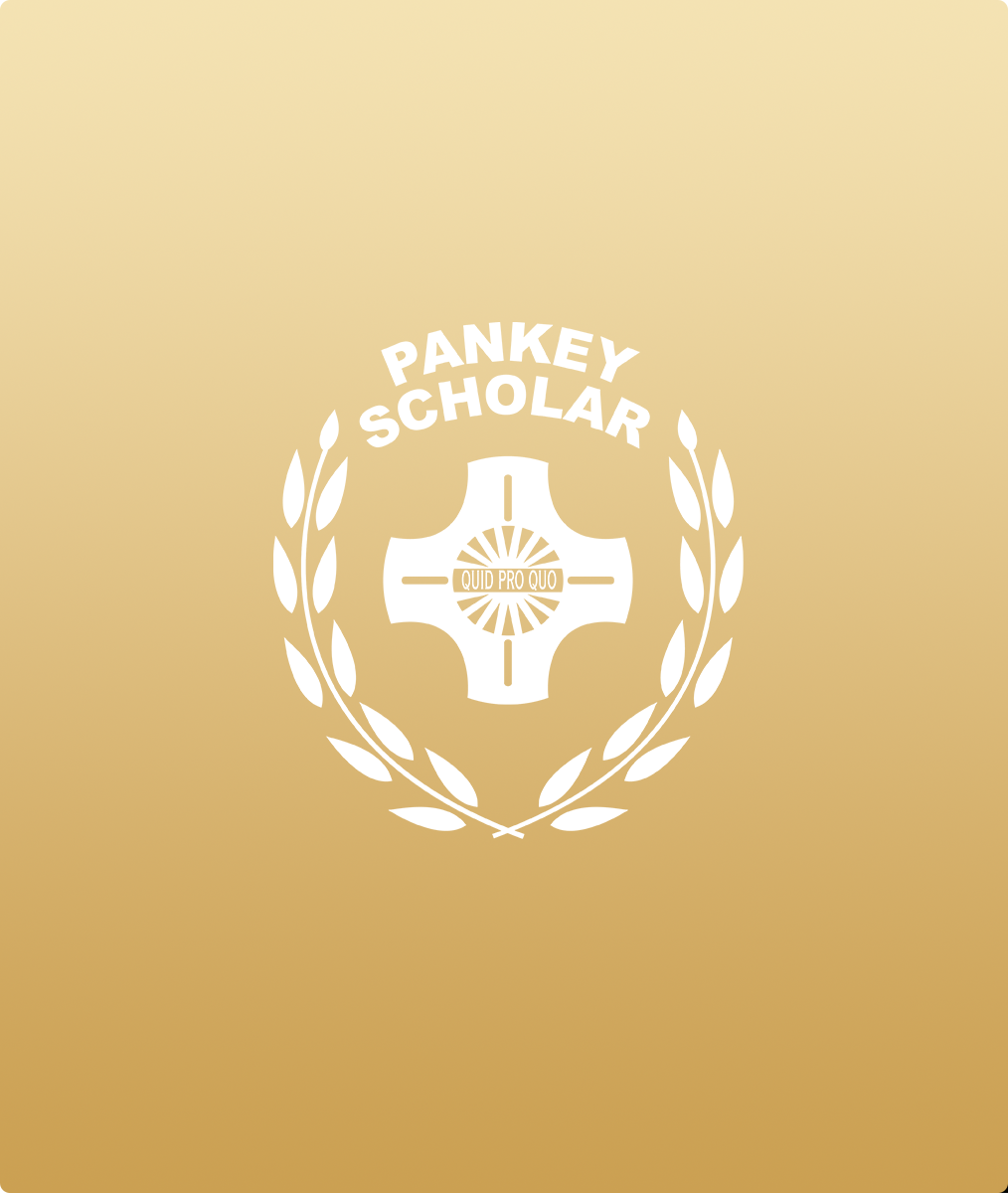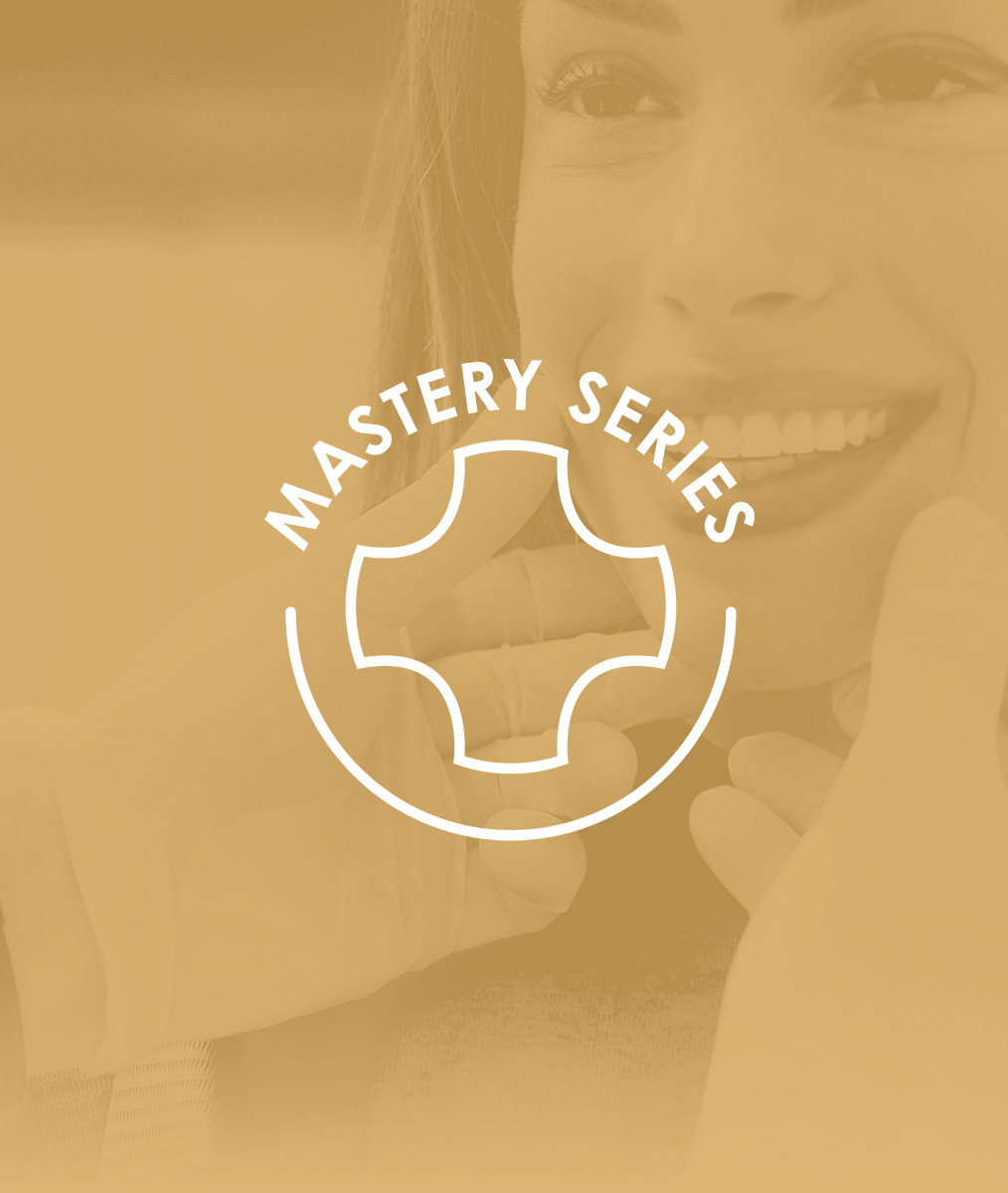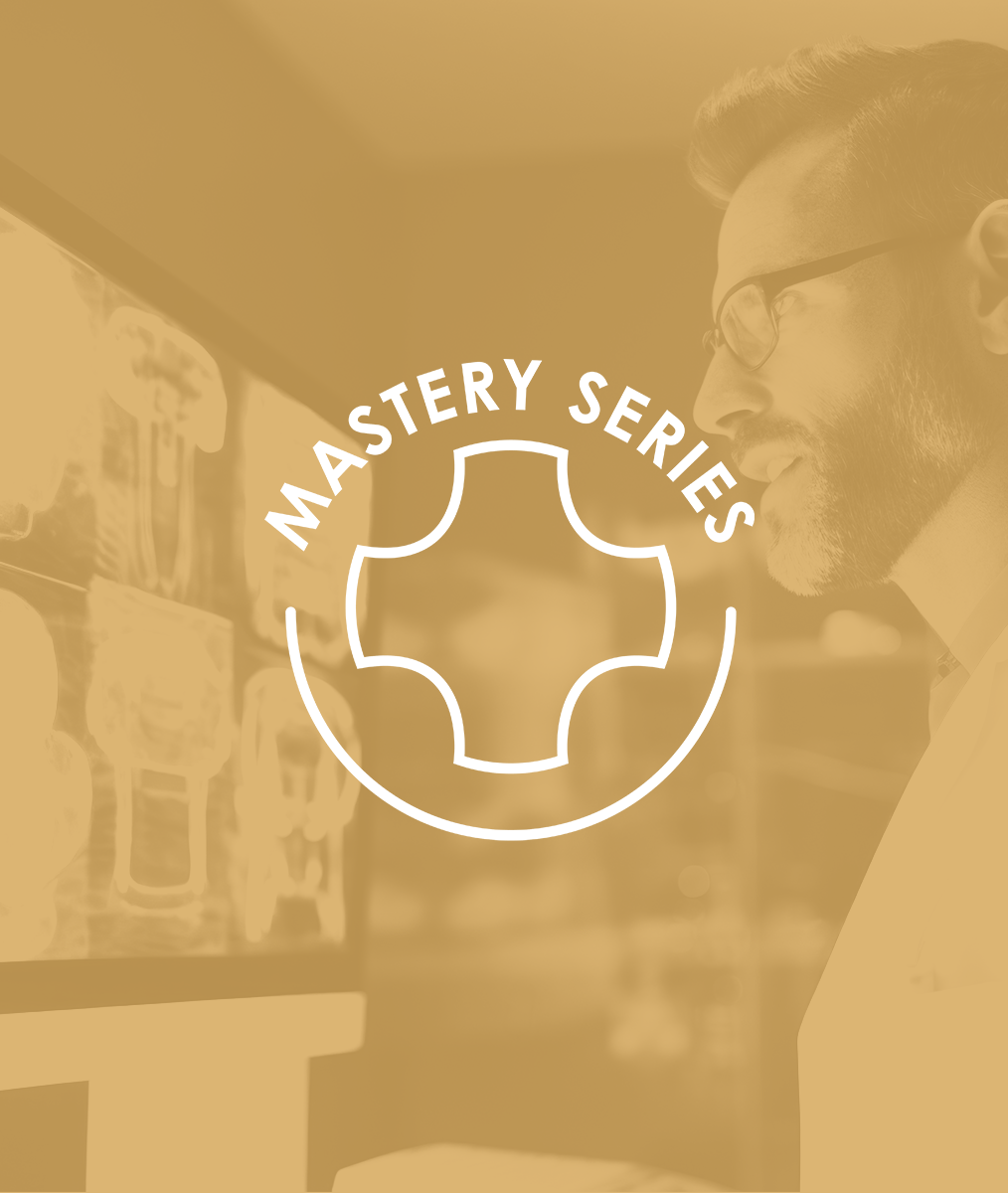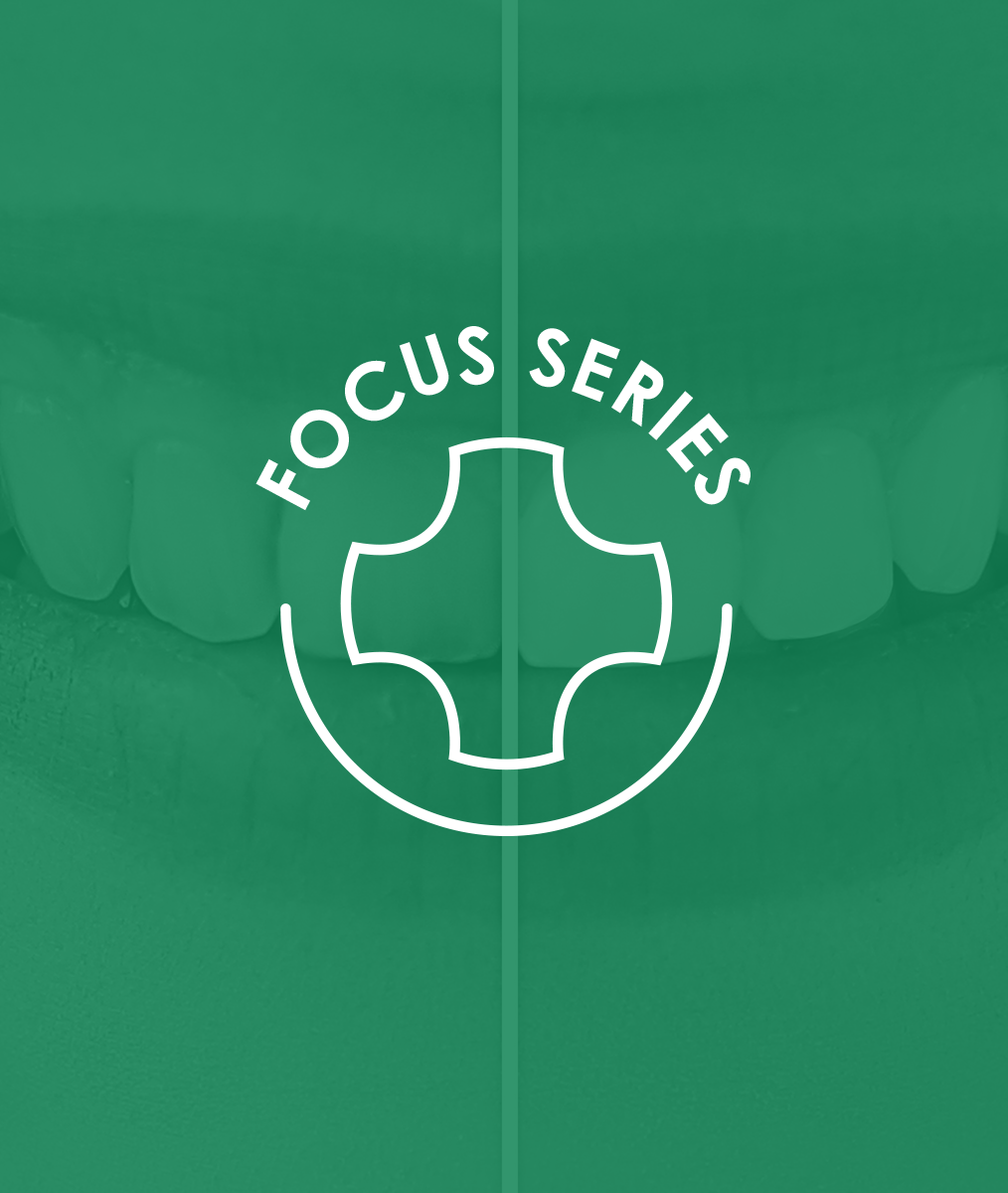Who Wants the Whole Pie?
By David R. Rice, DDS
I’m guessing your practice is a whole lot like mine. People can be challenging. Patients are people. Ergo, yes, patients often bring us challenges. With that and 29 years into dentistry, there are a few challenges I’m willing to admit and, like you, work to overcome.
Our great patients get great dentistry.
Our challenging patients get our best effort.
Our job is to understand who each is, what each wants,
and how we do our best to deliver it.
As you and I learn the best techniques and technology, we have to understand that many of our patients see the world differently. They see it differently than each other, and they see it differently than we do. At first glance, yes, this is an obstacle. But for those of us willing to spend time focusing on their views, this is a massive opportunity.
About 20 years ago, the treatment planning and presentation mantra our team developed was: Pizza by the slice or the whole pie?
A talented and curious team with character, plus a well-defined process,
always equals complete care and profitable production.
Here are the four keys:
- Understanding who of our patients wants complete care—the whole pie right now.
- Knowing who of our patients isn’t ready for the whole pie today and needs us to serve that complete care one prioritized slice at a time.
- Recognizing that some patients love pepperoni, some love veggies, some are all NY and thin crust, some love that Chicago deep dish, and so on.
- Delivering each individual patient’s pizza the way they want it without yielding on our quality.
All our patients come with a story. Some are ready for a whole pie. They want complete care and they want it now. Other patients are overwhelmed by the whole pie. Right or wrong, some past experience makes their yes to the complete care we know they need challenging. We can push them, or we can appreciate where they are and work with them one slice at a time.
I’m not proposing we compromise our care. I’m offering us all an opportunity to elevate it. Whether you’re scanning and milling, 3D printing, injection molding, direct bonding, or prepping and temping long-term, the materials and technology we have at our fingertips today afford us an incredible ability to segment care.
Complete-care case acceptance at 90%+ is a reality when we add great communication skills to the clinical skills we’ve worked so diligently to achieve. Today, I challenge you to assess, calibrate, and elevate your ability to deliver pizza by the slice…or the whole pie.
Related Course
The Intentional Hygiene Exam
DATE: September 5 2024 @ 8:00 pm - September 5 2024 @ 9:00 pmLocation: Online
CE HOURS: 1
Date: September 5, 2024 Time: 8 – 9 pm ET Speakers: Michael Rogers DDS & David Gordon DDS Description: Is your hygiene program an interruption to your day? Or is…
Learn More>






